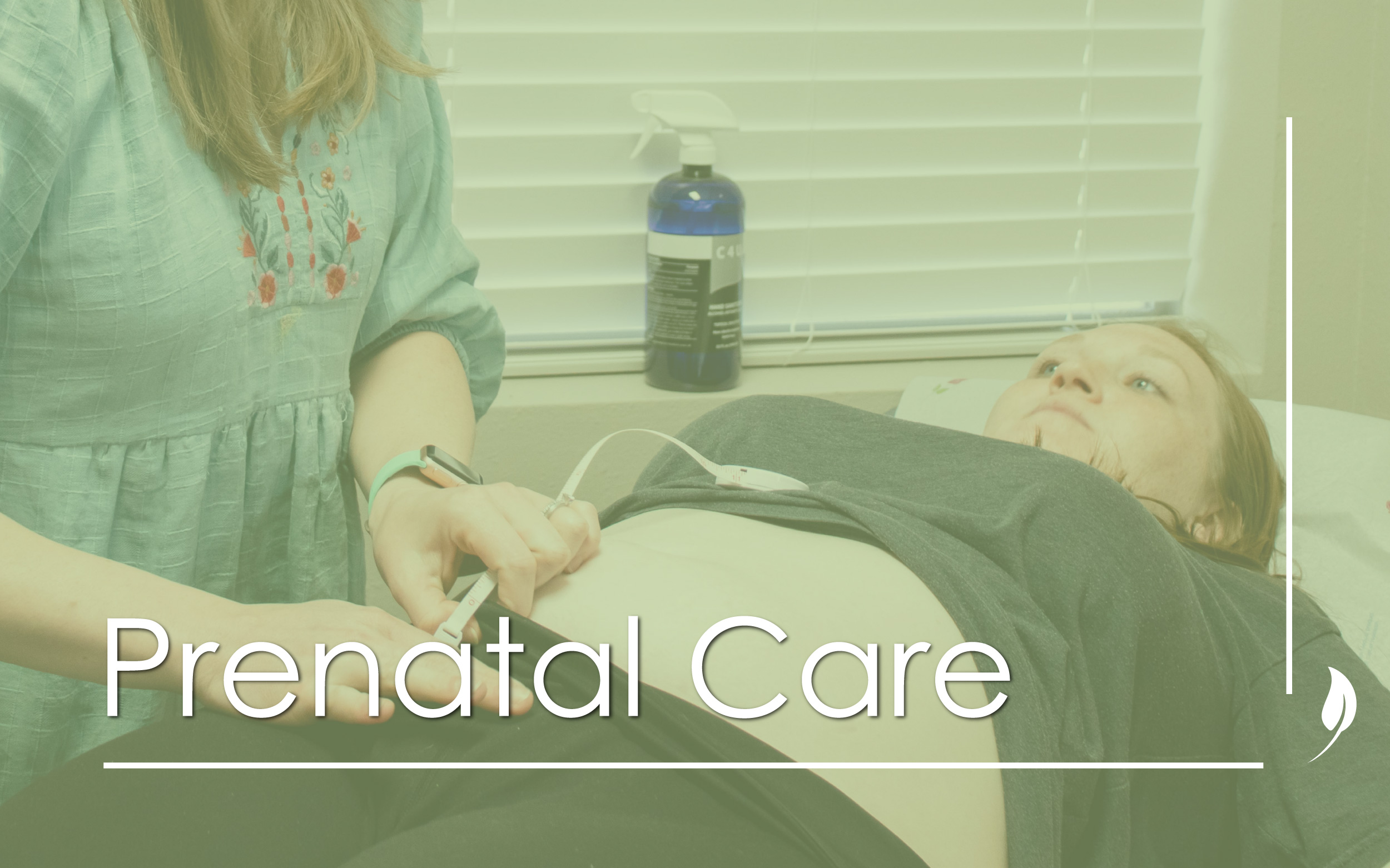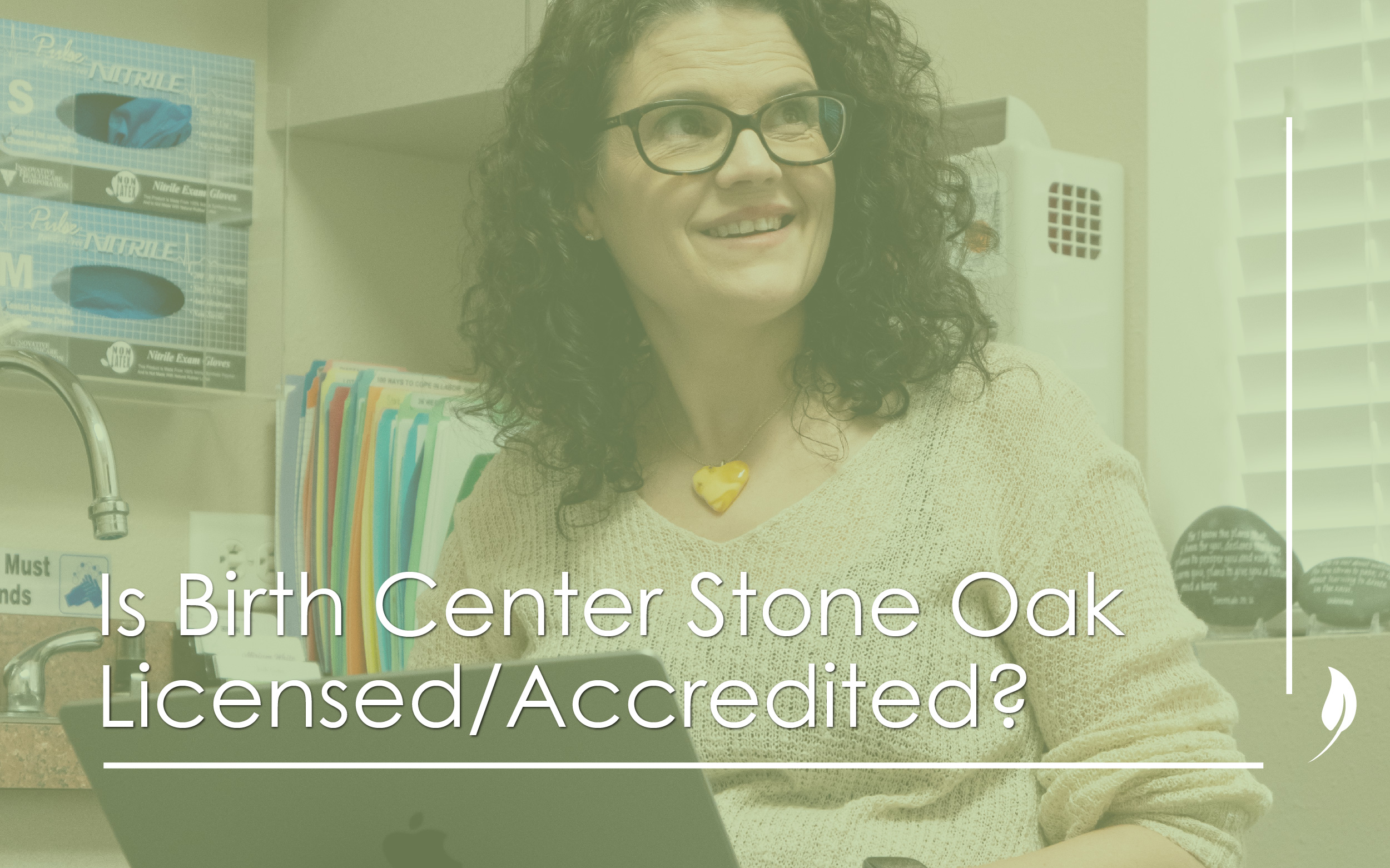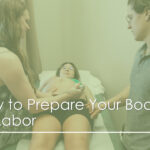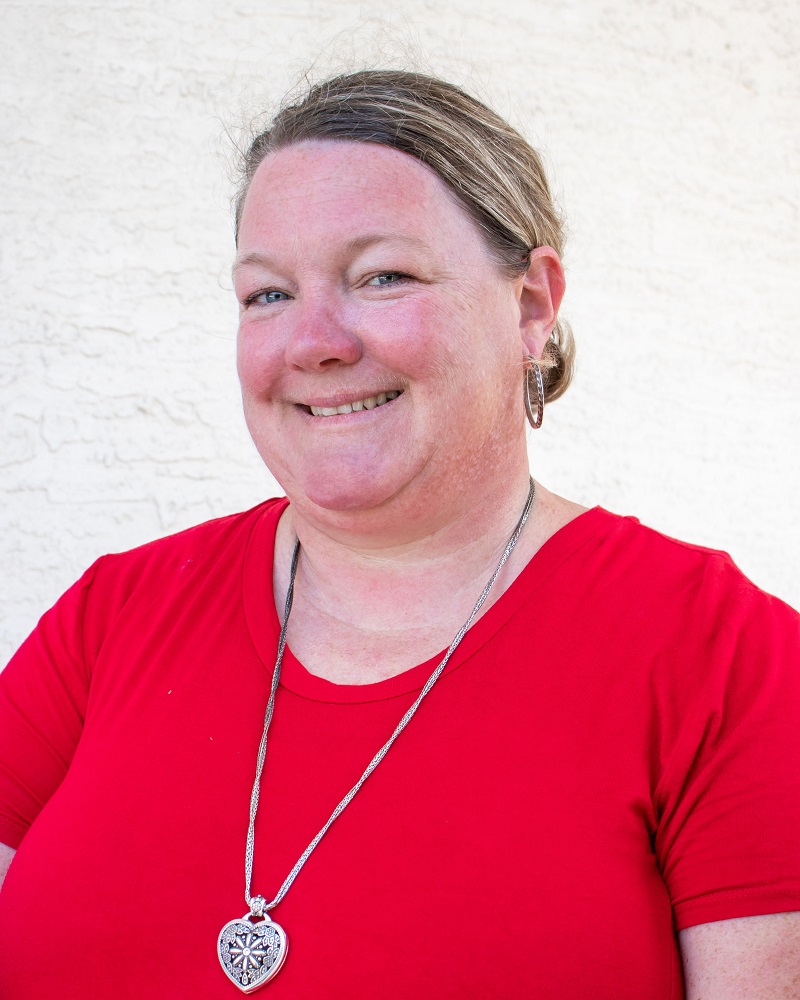Dealing with Postpartum Depression
 Giving birth is an amazing and emotional experience for mothers. Because of the intensity of these emotions and feelings, you might not quite feel yourself, which can lead to postpartum depression in San Antonio, TX. It is important for anyone dealing with postpartum depression to work with a skilled counselor to work through any issues a level of treatment only available from a professional.
Giving birth is an amazing and emotional experience for mothers. Because of the intensity of these emotions and feelings, you might not quite feel yourself, which can lead to postpartum depression in San Antonio, TX. It is important for anyone dealing with postpartum depression to work with a skilled counselor to work through any issues a level of treatment only available from a professional.
There are a number of things you can do for yourself, however, that can also help you alleviate these strong feelings. Some of the most recommended activities for you to try include:
Exercise – When your body is active it can have an antidepressant effect for women with PPD. Simply pushing your baby in a stroller and getting out of the house for 10 minutes at a time can make a big difference in your attitude.
Healthy Diet – While eating healthy isn’t going to cure PPD by itself, it is still going to help you keep your body healthy so you feel better. Chopped carrots, cubed cheese, and apple slices with peanut butter are all easy and delicious options for healthy snacks on the go.
Create Time for Yourself – With such major changes in your life, it can feel like time is just slipping away from you. To stop yourself from getting overwhelmed, be sure to schedule some dedicated “me time” for yourself at least once a week. Whether you are just going for a walk, taking an uninterrupted nap, seeing a movie, or doing some yoga, this gives you a chance to decompress.
Make Time to Rest – The saying “sleep when the baby sleeps” might sound like an annoying catchphrase that keeps getting thrown at you, but it is actually rooted in science. Not getting enough sleep can cause a wide variety of emotional and health problems. By getting in naps when you can, you are able to feel better rested, and more like yourself.
Take Fish Oils – Omega-3 fatty acids, like DHA, is a great way to combat postpartum depression. Seafood is one of the best sources for these types of fatty acids, but flaxseed oil and supplements are also great options.
Examine Your Breast-Feeding – In most situations, breast-feeding actually helps significantly reduce the risk of developing PPD. Still, it is important for you to keep track of how you are feeling after a feeding. There is a condition called Dysmorphic Milk Ejection Reflex that can cause sudden sadness, agitation, or anger after your milk dies down.
Resist Isolation – Friends and family give you the chance to talk about your feelings and get outside of your head. Regular interaction with others helps to reduce the chances of developing depression.














